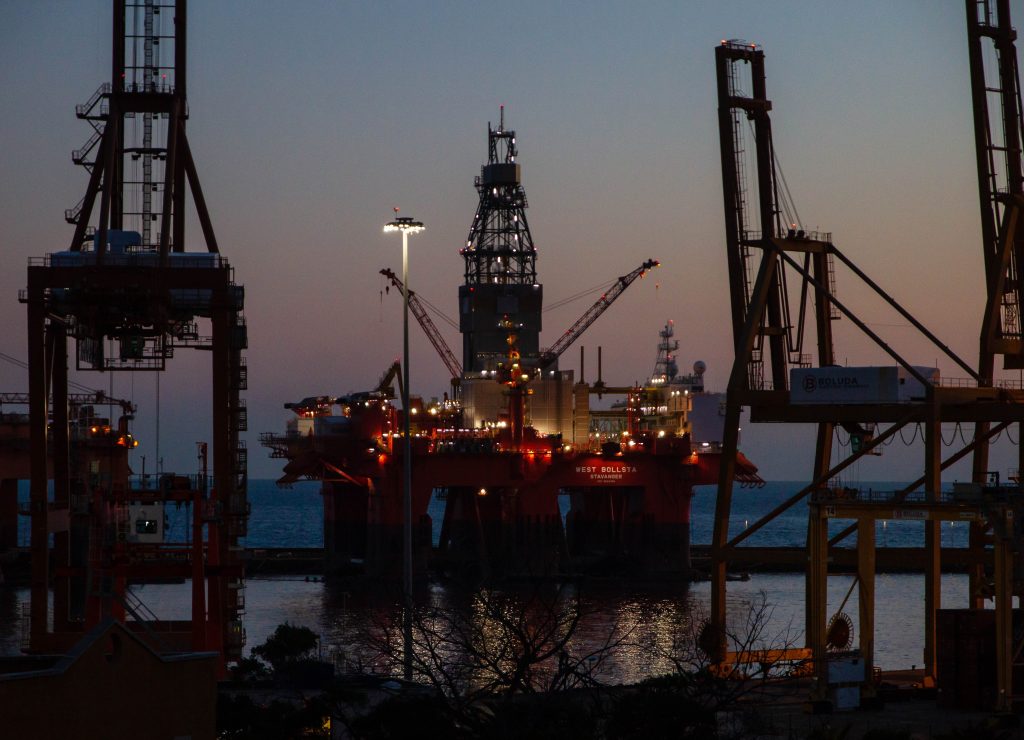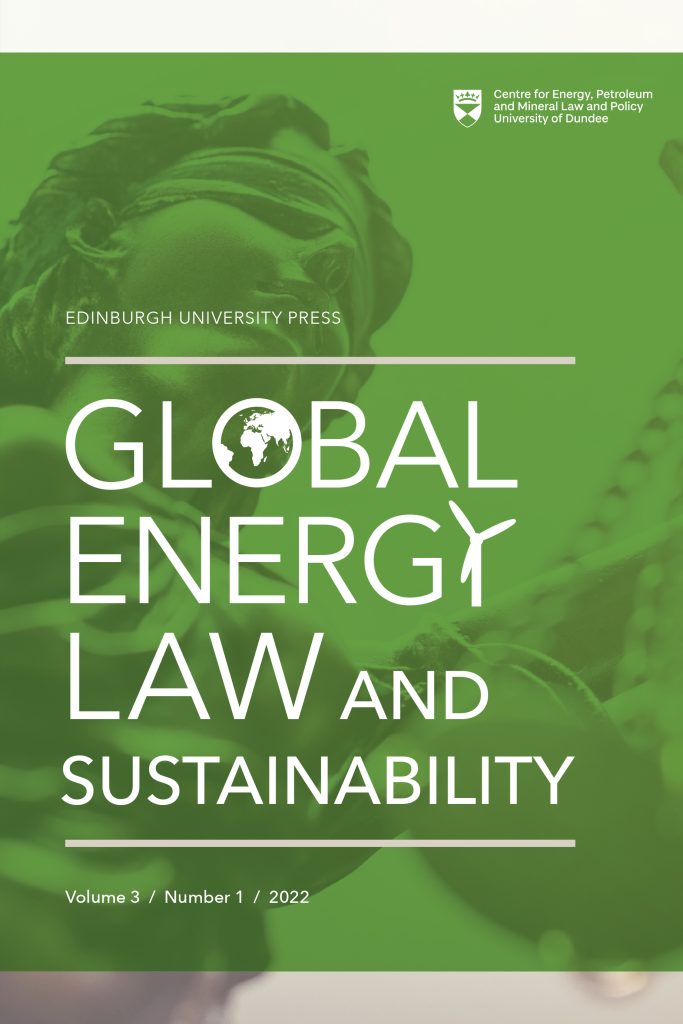
by Ernesto Bonafé
Big Oil faces an existential question: How to spend its very large and, for some, ‘windfall’ or ‘excessive’ profits at a time when the consumption of oil, gas and coal is expected to reach its peak in the near future?
Recently reported profits are unprecedented.
In 2022, the US President Joe Biden, said that ExxonMobil had “made more money than God.” The European Commission president, Ursula von der Leyen, observed that some electricity companies were making revenues that they had never dreamt of, whilst major oil, gas and coal companies were also making huge and extraordinary profits. If the average income of the global oil and gas industry had been $1.5 trillion in recent years, it jumped to almost $4 trillion in 2022.
There are several options about where to invest these record profits.
Alongside investment in renewables, oil majors are electing to re-invest in fossil fuels. The British energy major BP has decided to lower its commitment to cut oil and gas production from 40 per cent to 25 per cent by 2030. The decision, the company says, is based on energy security concerns following the war in Ukraine. Separately, Italy’s Eni has called for a south-north energy axis between Europe and Africa, rather than looking to the US to replace Russian energy imports. The Italian company aims to fully replace Russian gas by 2025 with gas imports from Algeria, Libya, Egypt, Cyprus, Mozambique, Congo, Qatar and Norway.
Yet this option exacerbates the concern of many governments about Big Oil’s business model. Their concerns have been evident in several recent interventions. In some countries, these large profits have been met with windfall taxes. The EU has established a solidarity contribution (or windfall tax), which is being legally challenged by ExxonMobil on the assumption that it undermines investor confidence, discourages investment, and increases reliance on energy imports. Similar lawsuits are taking place in Slovakia and Spain. In the United Kingdom, Harbour Energy took a different route to protest against the extension of an energy profits levy: it decided not to submit bids for acreage in the most recent North Sea oil and gas licensing round.

The transition itself casts governments in a more positive light for investment from Big Oil. The US, EU, UK, China, India, Japan and many other countries, are seeking to direct investment into home-made clean technologies. New industrial opportunities are emerging in the net zero age, including in manufacturing, transporting, installing and operating batteries, windmills, heat pumps, electrolysers, carbon capture and storage and raw materials. The countries that invest first and fastest are aiming to secure their place in the new economy. Will the front-runners support other parts of the world to decarbonise and industrialise their own economies?
Enthusiasm for investment from Big Oil is already evident. The IEA Executive Director made the following comment on the record profits of the oil industry: “The sector has a unique opportunity to invest a significant chunk of this in clean energy transitions, especially in emerging and developing economies”.
In Africa, a renewable-based energy system promises substantial gains in GDP, employment and human welfare, according to IRENA. On the other hand, the African Union considers that smoothly transitioning towards a sustainable energy system implies a deployment of all forms of renewable and non-renewable energy resources, including natural gas, green and low carbon hydrogen and nuclear, allowing an acceleration in universal access without compromising the development imperatives.
A more controversial approach to investment in Africa is already apparent. The EACOP oil pipeline from Uganda to Tanzania received a construction licence in January 2023. However, a European Parliament resolution urged France’s TotalEnergies to delay the project on environmental grounds and to explore alternative projects based on renewables, quoting an IEA report requiring new oil and gas development to stop immediately.
However, an EU diplomat stated that that resolution was a political message, with no legal effects nor did it express the position of the whole EU, while admitting there is an incoherence with the EU’s energy policy. EACOP is also being challenged in a court in France.
Nigerian president, Muhammadu Buhari has advised non-Africans not to engage in lectures on the use of African resources. He made five comments: 1) Europe is firing up coal, signing off new permits for oil and gas exploration and subsiding fossil fuels, 2) Western governments are failing to meet their $100 billion climate development fund, 3) current energy needs in Africa cannot yet be met solely with solar and wind power, 4) using all of Africa’s gas reserves would only increase its share of global emissions from 3 to 3.5 per cent, and 5) that Africans should benefit from Western companies’ investment in Africa.
Linking investment in the Energy Transition to the kind of capital that Big Oil has been accumulating makes sense for all parties. For a just and orderly transition, Goldman Sachs estimates that $56 trillion in green infrastructure investments are needed worldwide to reach a net zero economy by 2050.
All in all, the most cost-effective mitigation strategies are forests, with an economic value of over $100 trillion as carbon sinks. Critically, more than half of the world’s total GDP (namely $44 trillion) is exposed to risks from nature loss. To halt and reverse biodiversity loss, a Global Biodiversity Framework was agreed at COP15 in Montreal. This new “deal for nature” offers another avenue for Big Oil to invest, adapt and transform.
About the author

Dr Ernesto Bonafé is a senior research associate at the Centre for Energy, Petroleum and Mineral Law and Policy (CEPMLP), University of Dundee, and the associate editor of the journal Global Energy Law and Sustainability of Edinburgh University Press. Previously, he was the project manager of the Extractives Hub funded by the UK government and hosted at CEPMLP. This included a joint project with the International Bar Association on the governance of extractive industries. Dr Bonafé has worked as a legal and policy expert in several EU-funded projects on sustainable energy projects dealing with African and Mediterranean countries. As head of the Expansion Unit at the Energy Charter Treaty Secretariat in Brussels, he coordinated the outreach activities in countries from Africa, Asia and Latin America.
About GELS

Global Energy Law and Sustainability is an international journal dedicated to research in energy law and policy, with an interdisciplinary focus comprising themes from a range of disciplines involved in energy research, such as: the energy life-cycle; energy production and infrastructure; energy regulation; economics and legal policy; energy justice; low-carbon energy law and transition; international energy law; subsidies; risk; governance; climate change; sustainability and environmental law.
Sign up for TOC alerts, recommend to your library, and learn how to submit.





